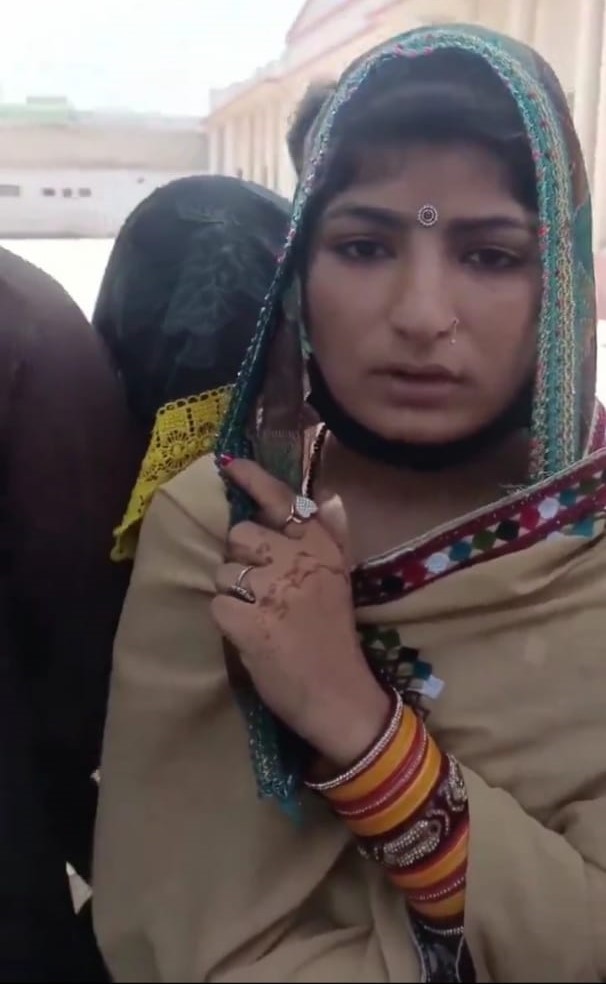In a tragic incident highlighting the persistent danger faced by Hindu community in Pakistan, A Hindu pilgrim, Rajesh Kumar Arora, was brutally killed while traveling on the Mananwala-Nankana Sahib Road in Punjab province. Rajesh, a resident of Larkana in Sindh, was on his way to Nankana Sahib to join thousands of devotees in celebrating the birth anniversary of Guru Nanak Dev Ji, the revered founder of Sikhism.
The killing of Rajesh Kumar has sparked outrage and sorrow within minority communities across Pakistan and beyond. Initial reports suggest that the attack was deliberate, with religious intolerance suspected as a key motive. While the exact details of the perpetrators and their motives are still under investigation, this incident has once again shed light on the dire situation faced by religious minorities in the country.
Pakistan: A Dangerous Landscape for Minorities
Pakistan’s history is marred by violence against religious minorities, including Hindus, Christians, Sikhs, and Ahmadiyya Muslims. Despite constitutional guarantees of religious freedom, minorities often face systemic discrimination, hate crimes, and targeted violence. This latest tragedy underscores the precarious position of Hindus in particular, who make up only about 1.85% of Pakistan’s population and are disproportionately vulnerable to attacks.
Reports from human rights organizations and activists indicate that Hindus in Pakistan frequently encounter forced conversions, abductions, and threats. Pilgrimages—intended as acts of peace and devotion—are becoming increasingly perilous for minority groups due to a hostile social climate and weak law enforcement.
The Significance of Nankana Sahib
Nankana Sahib, the birthplace of Guru Nanak Dev Ji, is a sacred site for Sikhs and a symbol of interfaith harmony. Pilgrims from various religious backgrounds, including Hindus, often travel to the city to partake in the celebrations of Guru Nanak’s birth anniversary, known as Gurpurab. Rajesh Kumar Arora’s journey to Nankana Sahib symbolized this spirit of devotion and unity—cut short by an act of violence that reflects the growing intolerance within the region.
Condemnation and Calls for Justice
The murder of Rajesh Kumar has elicited widespread condemnation from human rights activists, civil society, and members of Pakistan’s minority communities. Activists are demanding swift justice for the victim and urgent measures to protect the lives and rights of religious minorities.
“The killing of Rajesh Kumar Arora is not just an attack on one individual but an assault on the principles of religious coexistence and harmony,” said a human rights advocate in Sindh. “Pakistan must wake up to the reality that its minorities are living in fear and deserve protection under the law.”
A Need for Accountability
The incident further highlights the gaps in Pakistan’s legal and societal framework to address violence against minorities. Despite the introduction of hate crime legislation and the establishment of minority commissions, enforcement remains weak. The international community and human rights watchdogs continue to urge Pakistan to implement robust measures to ensure the safety and dignity of its minority populations.
For more updates and detailed coverage of this case and other issues affecting the Hindu and Sindhi communities in Sindh, Pakistan, stay tuned to Sindh Renaissance.






